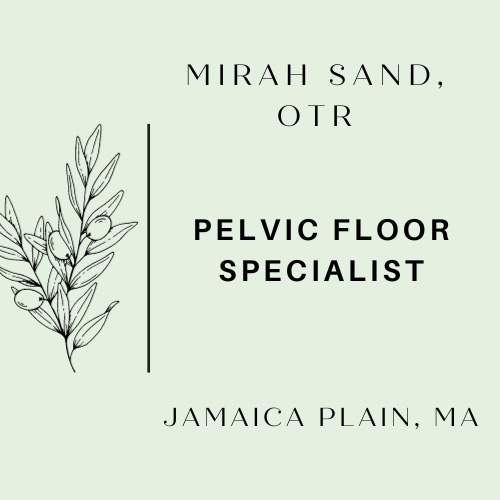Is “Wellness” ableist?
Often when I close emails, I write, “Be well.” And I mean it. I imagine the person filled with joy, energy, and a sense of abundance. But I struggle sometimes with what “wellness” really means in our culture, who gets to define it, and what it means for the world of pelvic health. What does “wellness” mean in a culture that’s foundationally built on the violence/exploitation of marginalized populations? Where is the line between taking personal responsibility for your wellbeing and recognizing the consistent toxic and unhealthy messaging we’re all enculturated with? “Wellness” in our culture is built on the success of the individual to develop healthy habits and behaviors, rather than on systems and relationships that allow people to flourish organically. The “wellness influencer” emphasizes their disciplined habits, intense fitness regimes, “clean” eating, etc. The picture of “wellness” is often portrayed as a thin, white, able-bodied person. We develop this static, unattainable image of what health and “wellness” looks like. This can negatively add to other extreme material barriers people face.
As a healthcare professional, I am very careful to balance a person’s capacity to grow and change, with the acknowledgement that the barriers to joy and fulfillment are very tangible and heavy.
What does “wellness” mean when healthcare is unaffordable, food deserts are abundant, and people need to spend their “free time” on a second job, rather than resting or feeling nourished? When “wellness” is only portrayed through a series of habits and products, rather than liberatory systems and relationships that can hold the complexity of all of our experiences, it becomes something taunting rather than a goal to strive for. Wellness to me means access to housing, prison abolition, and thriving art spaces. It means universal healthcare and disability justice. As healthcare professionals, it’s our responsibility to acknowledge the limitations of our services in the face of larger oppressive structures. This offers me hope rather than despair, because it allows me to feel more expansive and creative about what “wellness” looks and feels like for each individual. This humbles me and allows me to see each person in their own unique complexity, rather than projecting a constructed idea of being “well” onto them.
How do you define wellness for yourself? Where do you draw inspiration for images of “wellness”? How do you see “personal responsibility” amidst collective experience?
For further reading, I recommend the works of Fariha Roisin, Jenna Wortham, Bayo Akomolafe, Leah Lakshmi Piepzna-Samarasinha, and Tricia Hersey.
